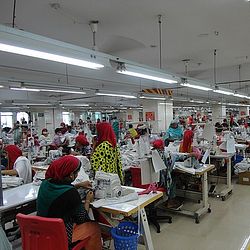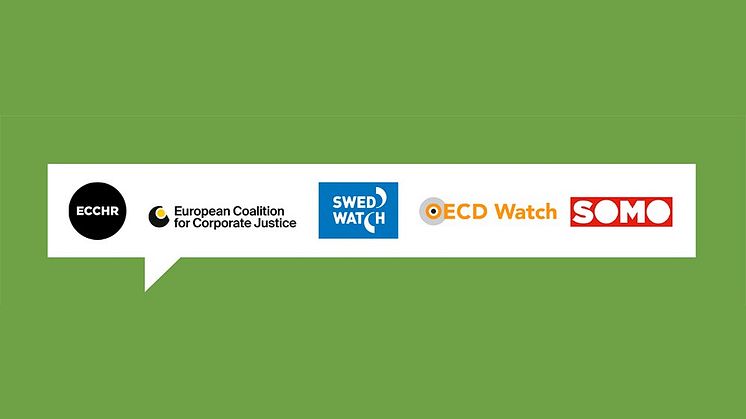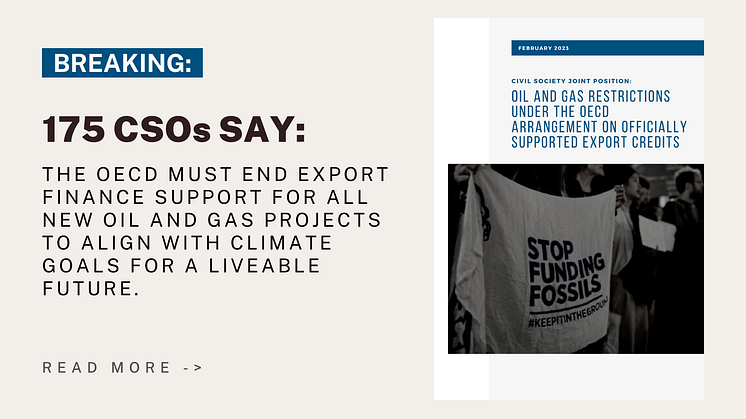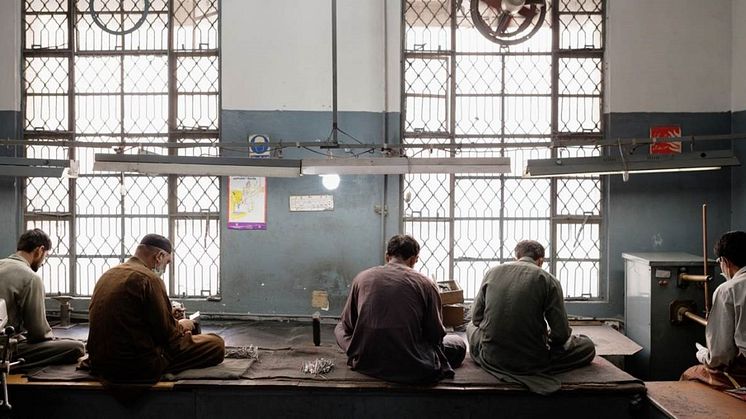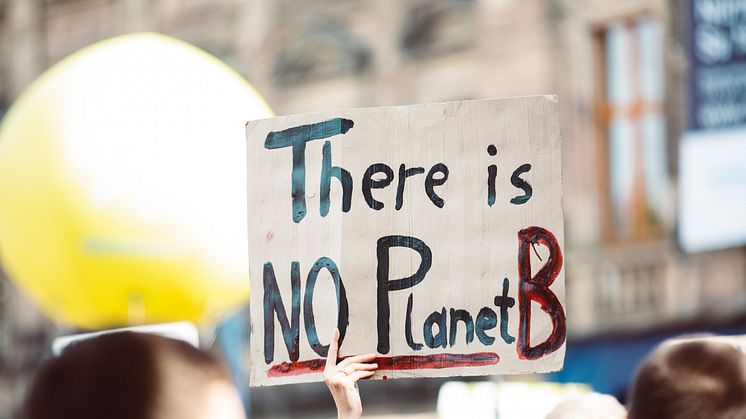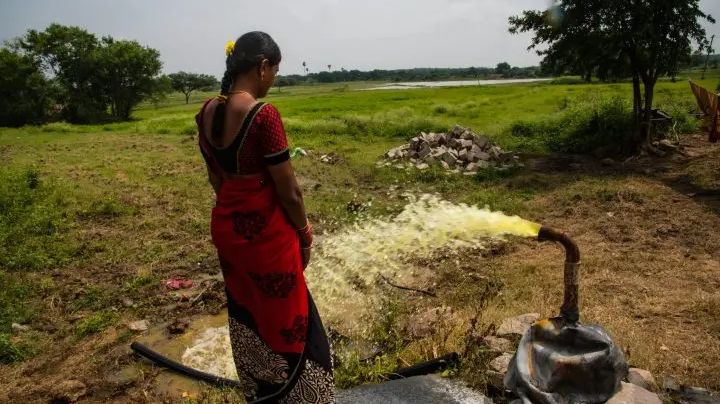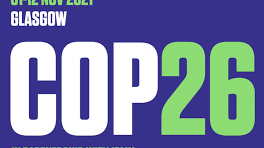Joint statement: AFRY’s decision to leave Myanmar welcome but concerns remain
The Swedish engineering firm AFRY has announced its intention to withdraw from Myanmar. In a joint statement Swedwatch and four other civil society organisations welcome the move to stop doing business with the military junta but remain deeply concerned about AFRY’s delayed response and failure to realise the gravity of its dealings with the Myanmar military.
